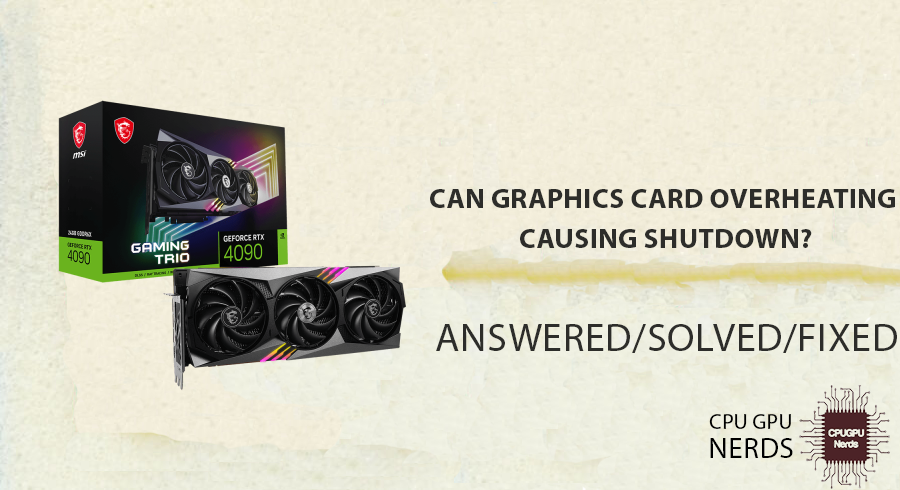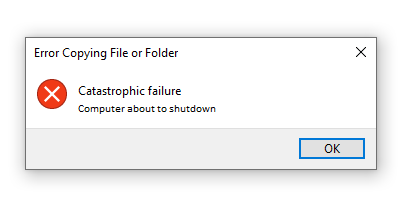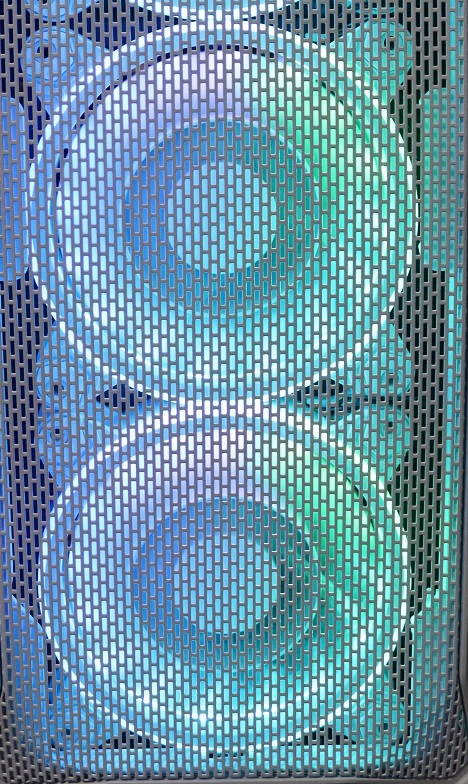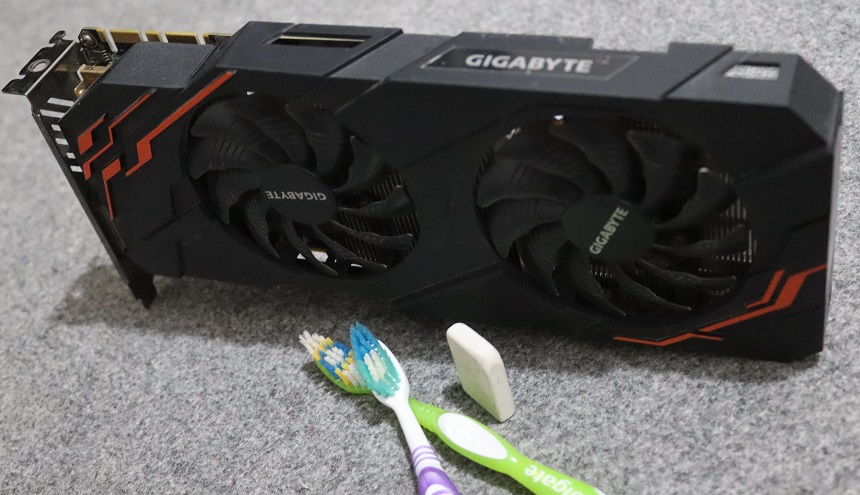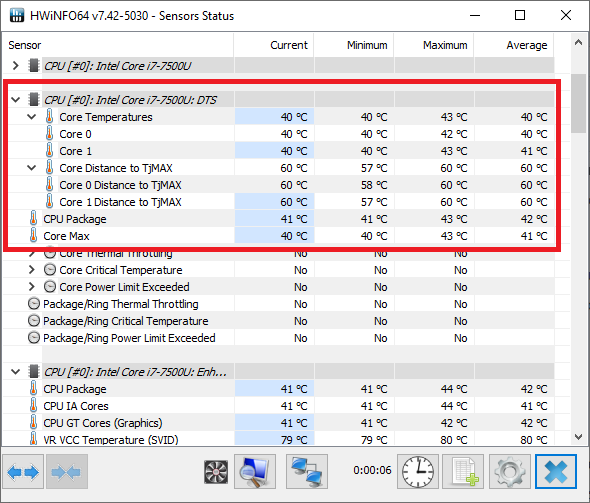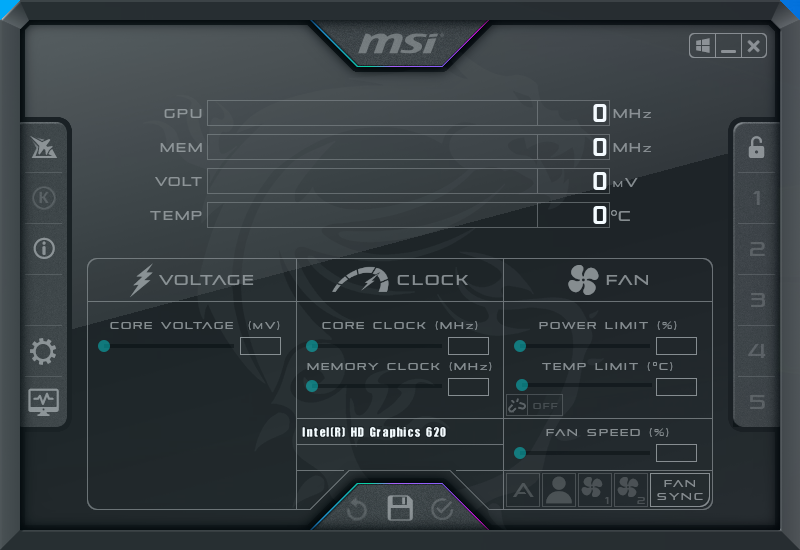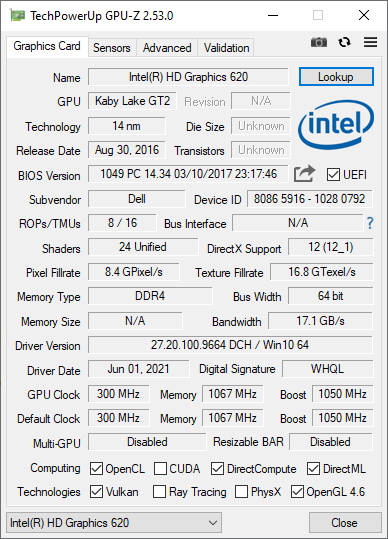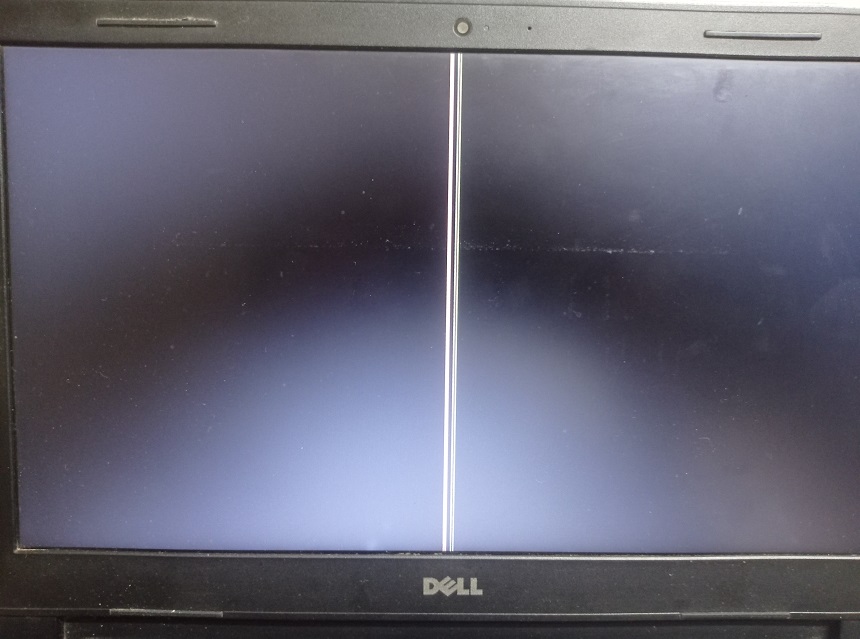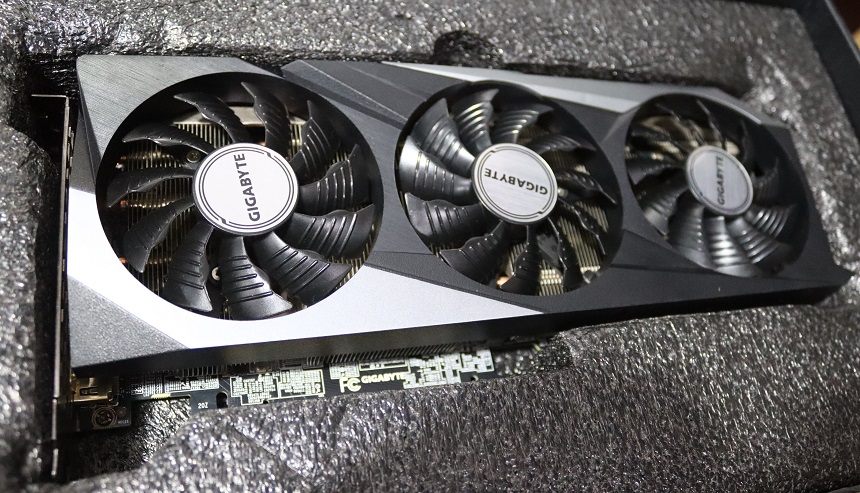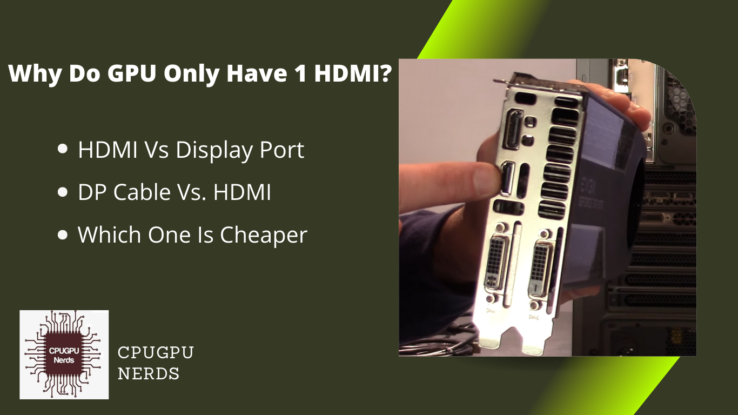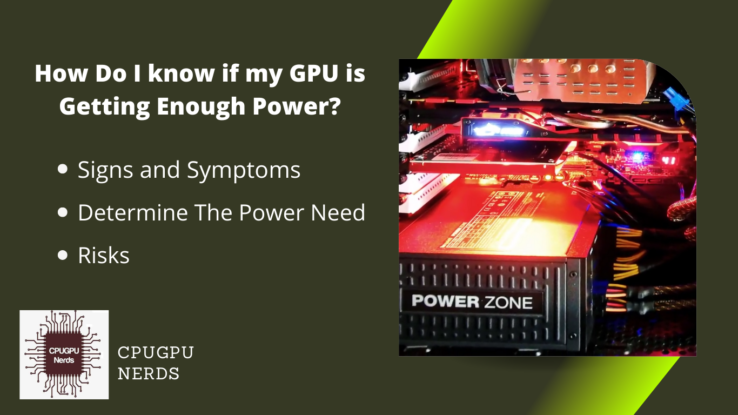Graphics cards are crucial to any gaming PC, particularly for gaming and video modifying purposes. While these cards provide superior overall performance, they also generate tremendous warmth.
Over time, this warmth can cause the portrait card to overheat, which may result in several troubles, including device crashes and even permanent damage. One of the most common but not unusual issues associated with photograph card overheating is unexpected shutdowns.
It can be a frustrating experience for customers, especially if they’re at the center of a vital task or gaming session. In this text, we can discover the causes and results of photo card overheating and suggest how to prevent and troubleshoot this issue.
Can Graphics Card Overheating Causing Shutdown?
Yes, graphics card overheating causes shutdown because whenever it gets too hot, it triggers a thermal protection mechanism in the computer system, causing the system to shut down to prevent any thermal damage to the hardware. Otherwise, your GPU can burn out.
Overheating graphics cards is a prevalent issue that various factors, including inadequate ventilation, insufficient cooling, overclocking, and outdated drivers, can cause.
When a graphics card overheats, it generates excessive heat that can cause damage to the hardware components. An unexpected computer shutoff is one of the most common symptoms of an overheating graphics card.
The graphics card will immediately shut down to prevent further damage to its hardware components and prevent the computer from overheating. In extreme cases, overheating a memory card can result in permanent damage and render it ineffective.
When a graphics device shuts down due to overheating, it is crucial to address the issue immediately. Failure to do so may result in irreparable damage to the graphics card.
To prevent overheating, it is recommended to provide sufficient cooling, avoid overclocking, and maintain a clean and dust-free computer environment. Here are a few methods to avoid overheating that causes the sudden system shutdown issue.
Check For Proper Ventilation
Ensure your laptop or PC is nicely ventilated with sufficient space for correct airflow. Consider adding fans to your PC case or investing in a liquid cooling device if essential.
Heat buildup in the PC case leads to overheating hardware without proper ventilation. Overheating hardware causes critical damage to the hardware and sometimes causes permanent hardware destruction.
Clean Your GPU
Dust buildup can restrict airflow and cause overheating. Remove any dust or debris from your GPU’s heatsink and fan using a can of compressed air or a gentle brush. Cleaning the hardware is essential to keep it working properly.
Dust and debris also restrict the functioning of any hardware by affecting the current flow. That is why you must clean your PC once a month. You can use an air blower to perform this task.
Apply Thermal Paste
The thermal paste helps switch heat from the GPU to the heatsink. If the thermal paste has dried up or isn’t always implemented effectively, it could cause overheating. Carefully remove the old thermal paste and apply a clean layer of an extremely good one.
Thermal paste is designed to transfer the heat from the GPU’s processor to the massive heatsink. These heat sinks dissipate the heat into the air through fans.
Monitor GPU Temperature
Use software to display your GPU’s temperature. If it reaches temperatures above 90°C, it may cause performance problems and damage your hardware. Adjust your fan curve settings in your GPU’s manipulation panel to ensure the fan walks at a higher RPM.
You can use software like HWinfo64 or GPU-Z to monitor the GPU temperature to avoid any issues. Moreover, if you are getting a high-temperature warning, you must turn off your PC immediately and properly check the GPU.
Underclock Your GPU
If your GPU continues overheating, don’t forget to underclock it to reduce its electricity consumption and heat output. It will bring about lower overall performance, but it can help lessen the temperature and extend the existence of your GPU.
Overclocking leads to excessive heat generation and consumes more power. Underclocking will prevent heat generation, avoiding the random shutdown issue.
Check Your Energy Deliver
If your GPU is not receiving enough power, it could cause overheating. Check your power supply’s specifications and ensure it can provide enough power to your GPU. If your power supply cannot provide the energy, you will face an unexpected shutdown issue.
HWinfo64 is the best software to describe how the GPU consumes energy. If it’s undervolting, you have to check your GPU. In some cases, you may have to replace the entire GPU.
How Can I Tell If GPU is Overheating?
You can tell by the GPU signs, like slow performance, stuttering, random shutdown, slow fan speed, irregular voltage fluctuations, and checking for physical signs of overheating. Utilizing software tools like MSI Afterburner, GPU-Z, or HWMonitor is the most accurate method to determine your GPU’s temperature.
These devices provide real-time temperature measurements; some allow setting temperature alarms to notify you when the temperature exceeds a certain threshold.
Monitor The Fan Speed
The GPU’s cooling system consists of a fan and condenser, which work together to keep the temperature in check. Overheating can occur if the fan is not rotating or is spinning too slowly. The majority of previously listed software also displays fan velocity readings. If you indicate that the fan speed is insufficient, this may indicate that the GPU is overheating.
Examine For Artifacts or System Errors
GPU overheating can result in graphical anomalies such as display tearing, pixelation, and color distortion. If you observe any of the symptoms mentioned above, it could indicate that your GPU is malfunctioning.
If your GPU’s fan struggles to control the temperature, it may begin to make peculiar sounds, such as grinding or whining. These sounds are conclusive evidence that your GPU is overheating.
Check For System Malfunctions
Sometimes, our system indicates signs that the hardware is malfunctioning. Overheating can cause system failures and blue screen errors. It may be overheating if your system frequently crashes or displays error messages.
Moreover, your card will start making weird noises due to overheating; overheating components like coils and capacitors produce these noises. So, always look for the noises. You can get your graphics card repaired for free if its warranty is not void.
Can Overheating Ruin My GPU?
Overheating can damage the GPU (Graphics Processing Unit). GPUs generate a great deal of heat, and if they are not properly ventilated, they can overheat, which can cause severe damage to the GPU and the computer. When a GPU overheats, numerous outcomes are possible.
First, the GPU’s overall performance may degrade considerably, which may cause your computer to slow down, stutter, or even freeze while you’re using it. It could lead to serious performance issues.
Second, the GPU may shut down completely, causing your computer to malfunction and potentially erasing any unsaved artwork. Finally, overheating can cause permanent damage to the GPU, rendering it unusable and requiring replacement.
How Long Do Graphics Cards Last?
The life of a graphics card is from 5 to 10 years, depending on its manufacturer, usage, weather conditions, etc. The graphics cards used for extreme gaming, mining, rendering, and exporting have a short lifespan. On the other hand, GPUs used for simple graphics-based tasks have a longer life expectancy.
Sometimes, the thermal grease of your graphics card dries out or expires. It causes it to become overheated. An overheated graphics card starts throttling. It reduces the operating power and speed of the GPU. As a result, your graphics-based apps and games lose smoothness and become laggy.
To increase the life of your graphics card, you can follow some simple and easy procedures. Installing better and faster case fans and removing objects around your computer helps cool down your GPU fast. Keeping room temperature around 25 Celsius is also recommended.
Installing a fast GPU cooler helps you keep your graphics down and cool. In case of an expired thermal paste, you must replace the old one with a new and better one. It is easily available in the market by injection, making thermal paste application very easy.
Conclusion
Overheated graphics card invokes thermal throttling. As a result, your graphics card’s operating power and speed decrease significantly. It slows down your graphics-based app, and your game becomes laggy. Cleaning dust from your graphics card also increases its cooling process.
Install GPU temperature monitoring and fan speed controller app for your graphics card. It will allow you to boost your fans’ speed when the temperature increases. It is recommended when using your graphics card for extreme gaming, rendering, mining, exporting, etc.
A fault in your graphics card can also cause it to shut down. First, you must update the drivers responsible for making a GPU functional. If it does not work, contact your GPU vendors because they will repair it, removing the fault from it, especially when the warranty has not expired.
Graphics cards last 5 to 10 years, depending on usage and other conditions. GPUs used for extreme tasks soon become out of order. That is why it is highly recommended to maintain it. Make sure that it is getting enough power to work properly. You might need a PSU with more power rating.

Hey, I’m Hammad. I write for this website to help you with the IT advice about PC, RAM, CPU, Motherboard, PSU, and other PC components.
I will provide detailed guides with images, and explain step by step so you can understand the process. Check all my articles here.

